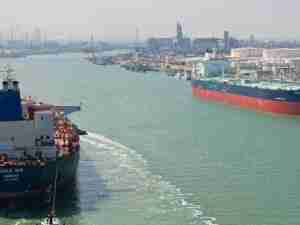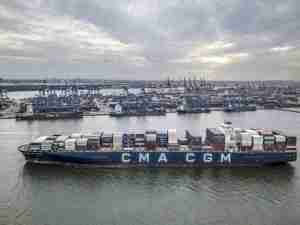Last month’s rollover rates published by project44, the global leader in advanced visibility for shippers and logistics service providers, indicate that maritime supply chain woes are worsening, with little indication that carriers are addressing the industry’s serious capacity issues.
Data from ports across the world collected by project44 shows that the percentage of containers missing their scheduled sailing is still rising, with some major carriers and ports posting rollover rates over 50% for the month of April.
While the average rollover rate for April across all surveyed ports and carriers was 39%, individual ports that account for a significant portion of maritime cargo posted even worse results.
Data from Port Klang (Malaysia), Rotterdam, and Athens all showed endemic congestion, posting rollover rates of 64%, 54%, and 59% respectively.
On the carrier side, Hapag-Lloyd, CMA CGM, and ONE all showed worsening performance in April, posting rollover rates of 51%, 56%, and 53% respectively. Other global ports and carriers reported similar numbers showing that abysmal performance now seems to be the industry norm.
With shippers entering their second year of pandemic-induced volatility, these numbers are a sobering reminder that volatility and under capacity are the new normal. Furthermore, rates are almost universally trending upwards, and well above the levels posted during April 2020.
Other ports where rollover rates are still rising include Kao-Hsiung, with a 53% rate, and Dubai’s Jebel Ali, which reported a 48% rate for April. Other carriers that posted worsening rollover rates include Evergreen, at 47% and ANL, at 57%.
“Carriers have been watching their rollover rates increase for over a year, and have so far failed to mitigate the situation,” said Josh Brazil, VP of Ocean Markets. “Shippers need to accept this as the new reality. They are going to have to start making structural adjustments to their supply chains and enhance their visibility if they want to keep shelves stocked and factories running.”












